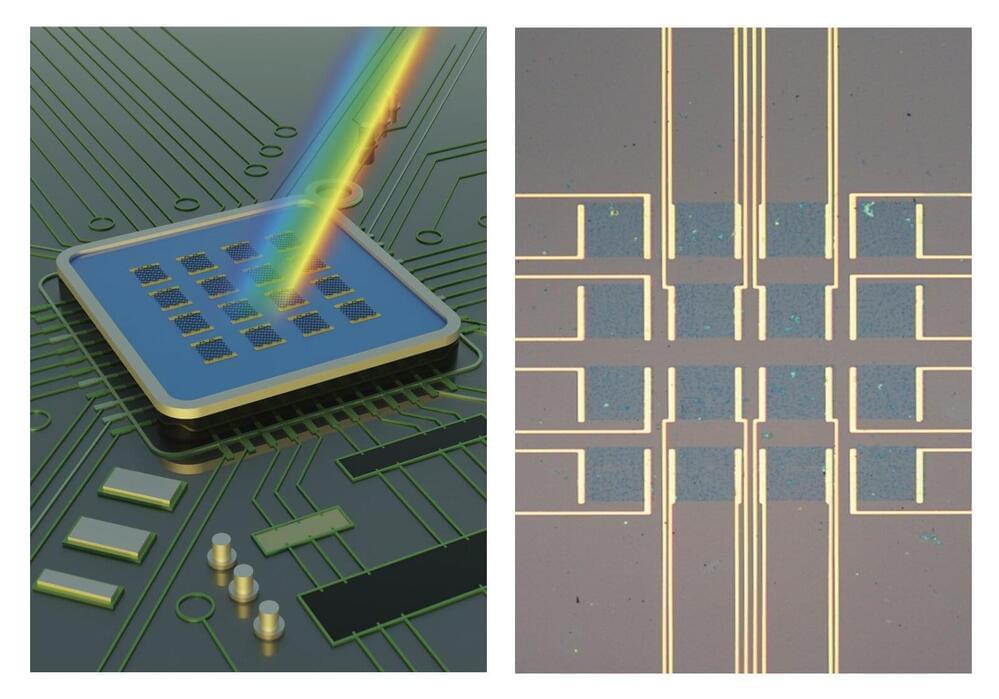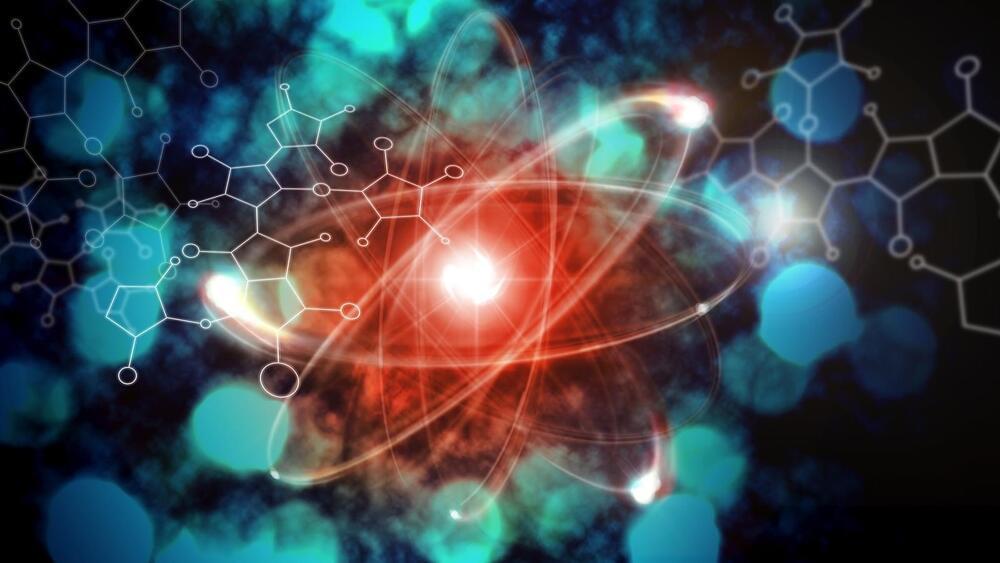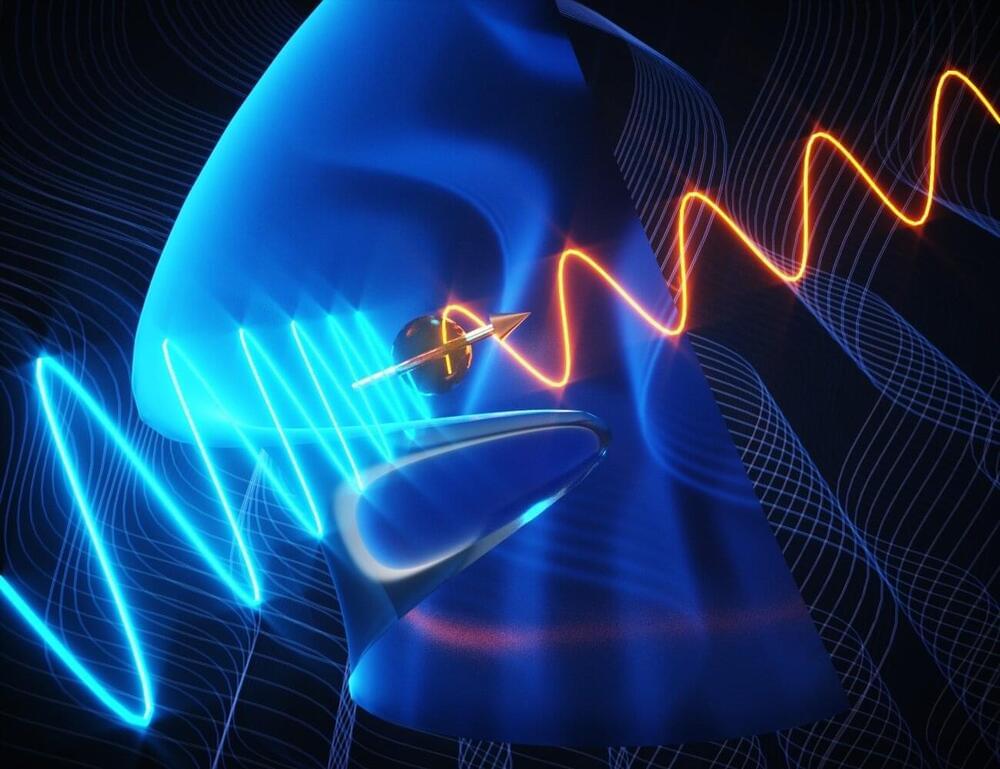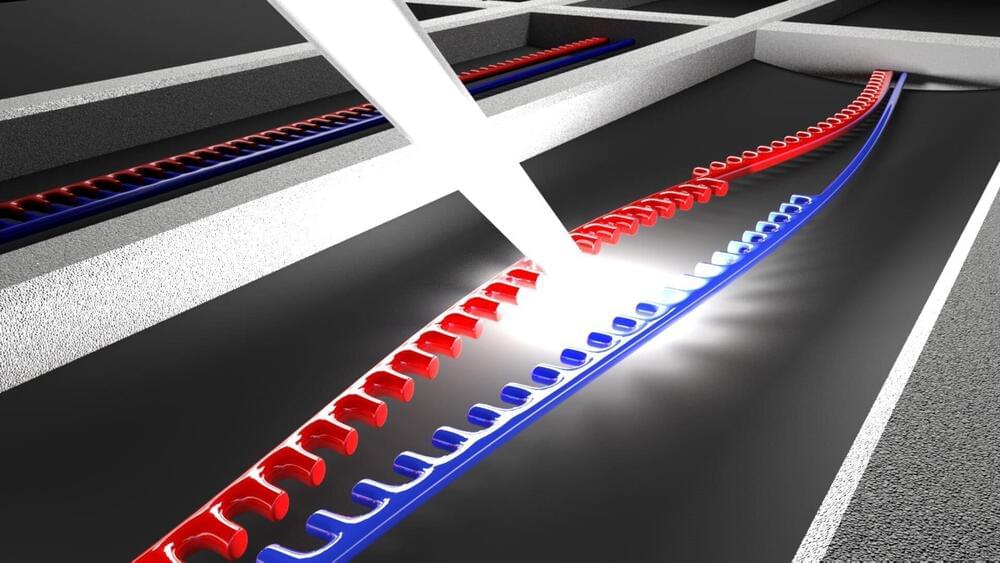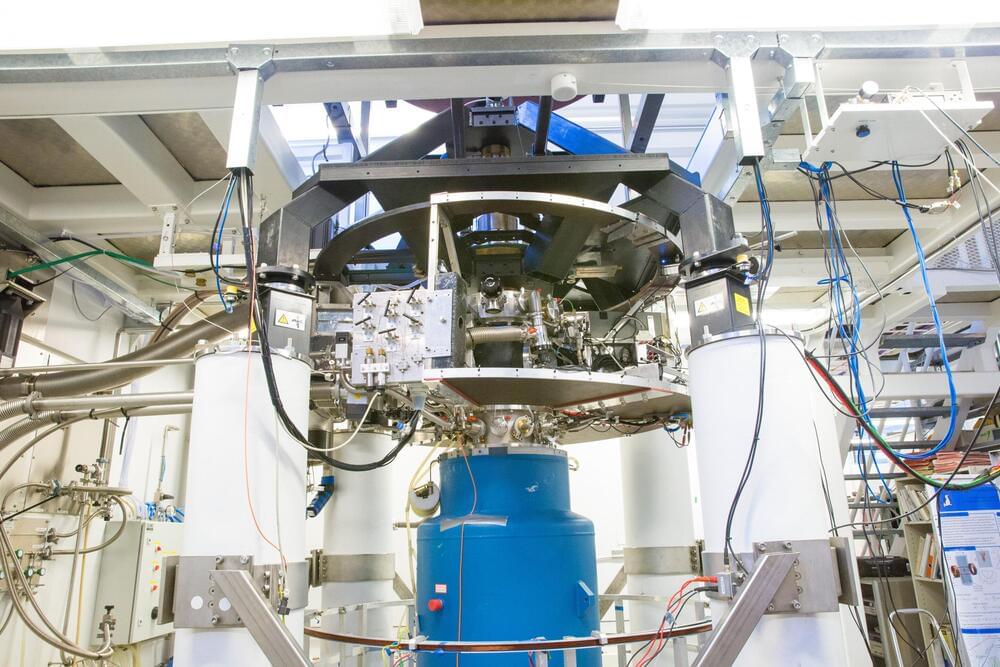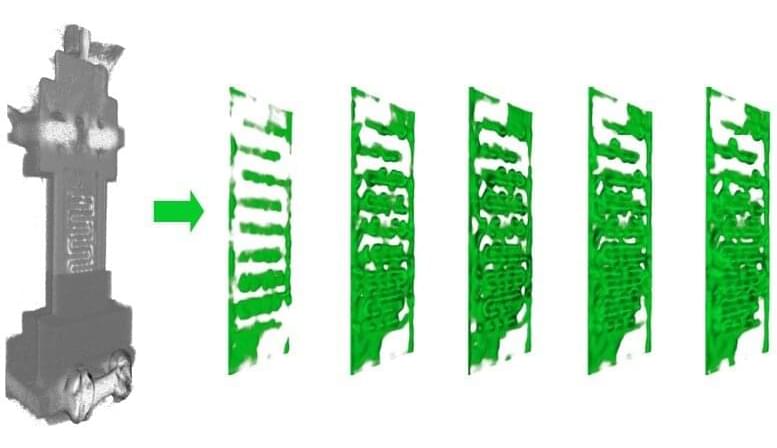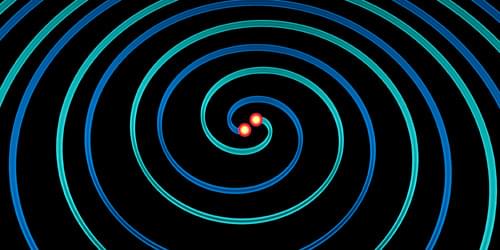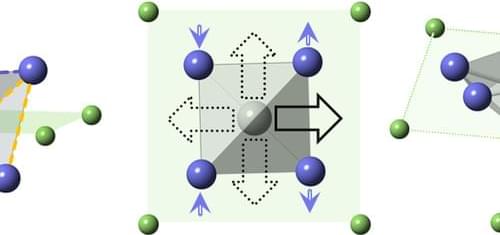Photodetectors, sensors that can detect light or other forms of electromagnetic radiation, are essential components of imaging tools, communication systems, and various other technologies on the market. These sensors work by converting photons (i.e., light particles) into electrical current.
Researchers at Zhejiang University have recently developed a new photodetector that could detect light within a broader bandwidth. Their device, presented in a paper published in Nature Electronics, could be used to develop new and more advanced imaging technologies.
“Our recent project is based on traditional charge-coupled device (CCD) and complementary metal-oxide-semiconductor (CMOS) imaging technologies,” Prof. Yang Xu, one of the researchers who carried out the study, told TechXplore. “Our novel imaging devices combining CCD’s MOS photogate for high sensitivity and CMOS’s independent pixel structure can significantly benefit monolithic integration, performance, and readout.”
